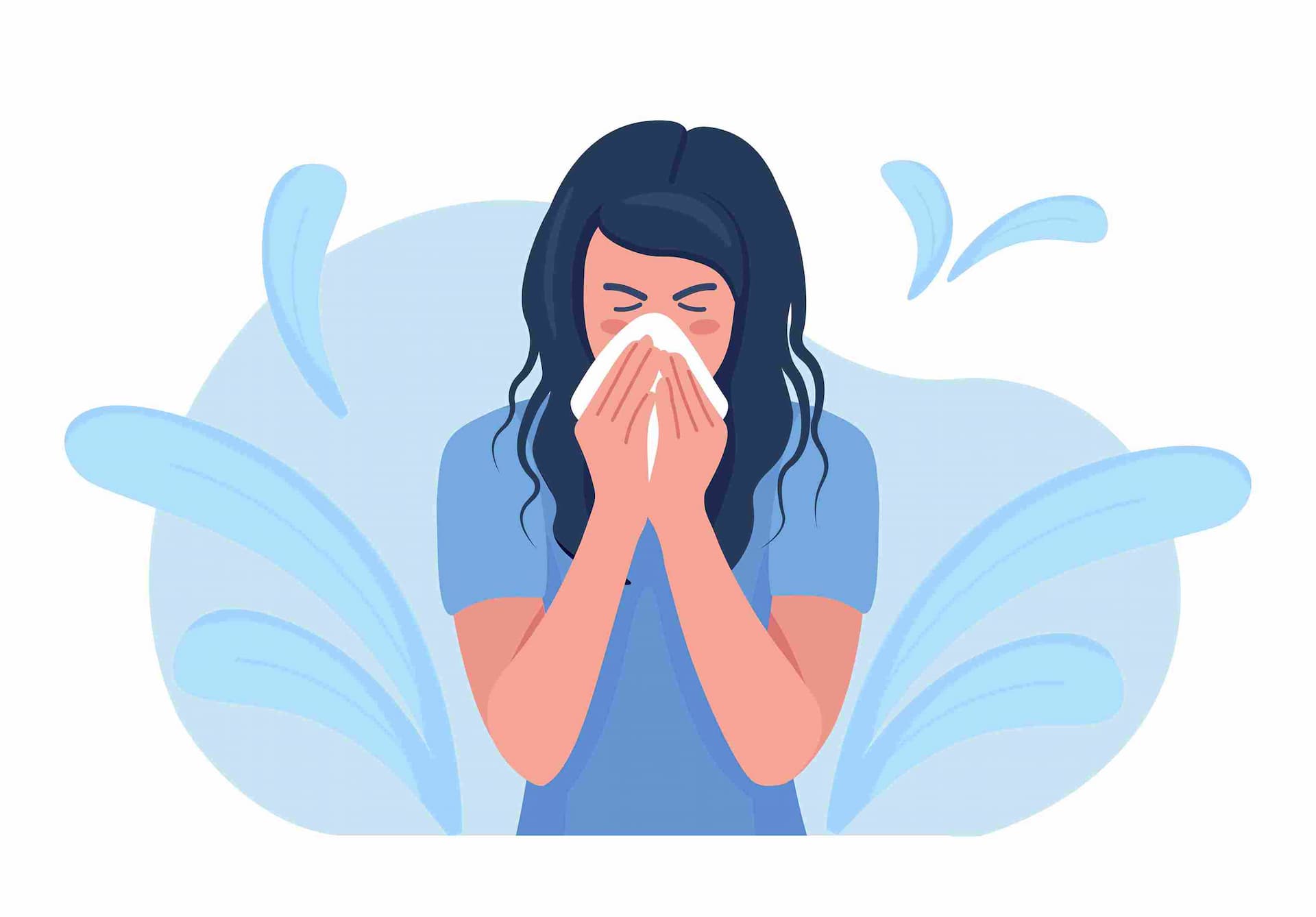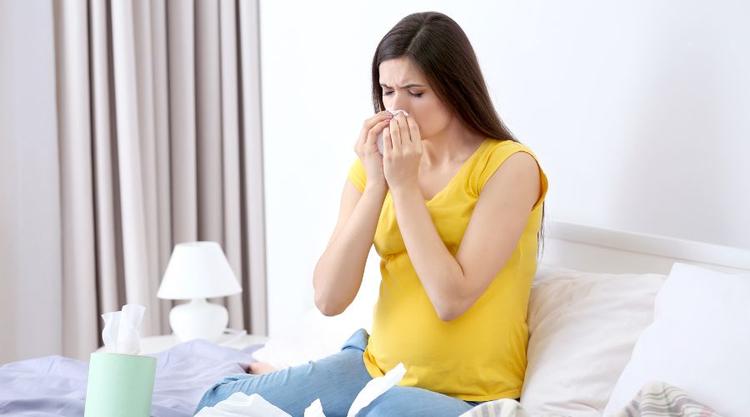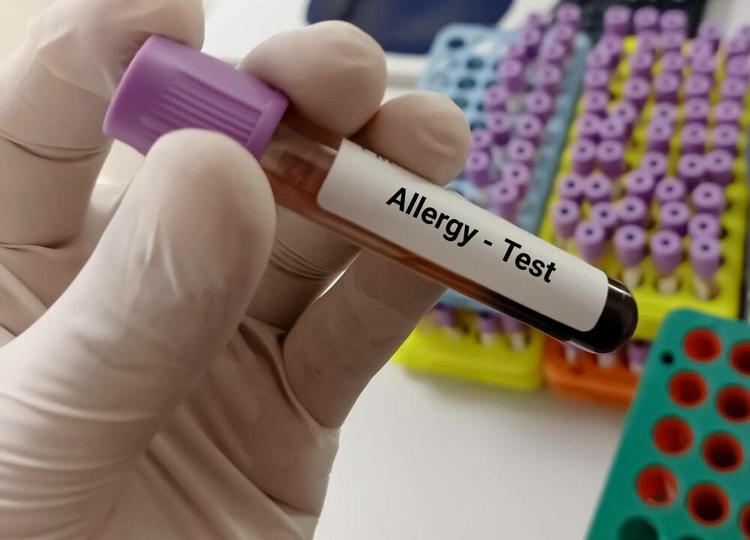How to Prevent Allergies? Tips for a Healthy, Symptom-Free Life

Medically Reviewed By
Dr. Ragiinii Sharma
Written By Komal Daryani
on Jul 19, 2023
Last Edit Made By Komal Daryani
on May 22, 2024

When the body's immune system sees a foreign substance as harmful and overreacts, it results in an allergy, or when your immune system reacts towards something that most people don't find bothersome, it causes an allergy. People can be allergic to more than one substance, and that substance is known as an allergen. People with weak immunity are at a higher risk. They can develop allergies to different substances, like dust mites, smoke, pollen, mold spores, household chemicals, medication, latex, animal dander, insect stings, and food. Let's discuss it in detail.
Some common Allergies are:
- Hay Fever: Also called allergic rhinitis, Hay Fever is an allergy to pollen or dust, causing inflammation of mucous membranes. It causes symptoms like conjunctivitis, runny and stuffy nose, itching of the nose, eyes, or the roof of the mouth, and sneezing.
- Food Allergy: An immune system reaction known as a food allergy happens quickly after consuming a particular meal. Lips, tongue, face, or throat swelling, hives, tingling in the mouth, and anaphylaxis are food allergy symptoms.
- An Insect Sting Allergy: This is the reaction a person gets after being stung by an insect. People with insect sting allergy can have symptoms like hives all over the body, edema, cough, chest tightness, shortness of breath, and anaphylaxis.
- Drug Allergy: The immune system's reaction after consuming a medicine is called drug allergy. It causes the symptoms like itchy skin, rash, facial swelling, wheezing, and hives.
- Pollen Allergy: Pollen allergy is a reaction that develops against pollen grains released by plants. It simply causes symptoms like sneezing, itchy and watery eyes, runny nose, and nasal congestion and is triggered when individuals inhale or come into contact with pollen.
These are some general allergies. Apart from these, there can be many substances a person can be allergic to, and the symptoms of these allergies can go from mild to severe.
When someone with an allergy comes in contact with something they are allergic to, their immune system mistakes it as a harmful substance and starts producing antibodies to fight it.
These antibodies cause the histamines to be released, which causes allergy symptoms, including itching, sneezing, and runny nose. Getting tested in time is the key to identifying allergies and acting accordingly to manage the condition better.
If you're already allergic to something, you can improve your quality of life by reducing the symptoms and preventing allergic reactions.
How to prevent allergic reactions:
You can manage and avoid your allergic reaction depending on your allergy type. Awareness of what you are allergic to is the first step to help you avoid triggers and take good care of yourself. Apart from this, here are a few simple yet significant ways to deal with different allergies:
- Avoid allergens: This is important but might be challenging, as some allergens are hard to avoid than others. Try to reduce your contact with your allergen or avoid going to places your allergens are easy to find.
- Take your medications as directed: Besides avoiding allergens, take the prescribed medication, as it can in managing your allergic symptoms.
- Use a diary: When symptoms occur, what you do, what you eat, anything that seems to help, note it down. It can help you and your doctor to clarify what triggers or exacerbates your symptoms.
- Be aware of what to do in case of an allergic response: Have a written emergency action plan, as it can help you and others explain what to do if you experience allergic symptoms or a severe allergic reaction. If you have any questions consult your doctor and follow preventive measures accordingly.
These are the general tips to prevent allergic reactions, but sometimes it becomes hard to avoid allergies, so apart from these, you should take an Allergy Test to find the cause and get the cure.
Are Allergies Life-Threatening?
If left unattended, some allergies or allergic reactions can cause life-threatening complications. Therefore, ensuring accurate and timely diagnosis is essential to identify the cause and take action to control the condition better.
Timely Allergy Testing For Accurate Diagnosis
If you suspect you are at risk of developing allergies, you should see an allergist who can help you identify, prevent, or treat your allergy problem. To diagnose the allergy, they suggest an Allergy Test to assess your risk of developing allergies. Book a Comprehensive Allergy Panel Test with Redcliffe Labs to determine what items you are allergic to in your immediate environment. It includes 240 tests that confirm allergy to specific allergens and ensure accurate diagnosis & results.


